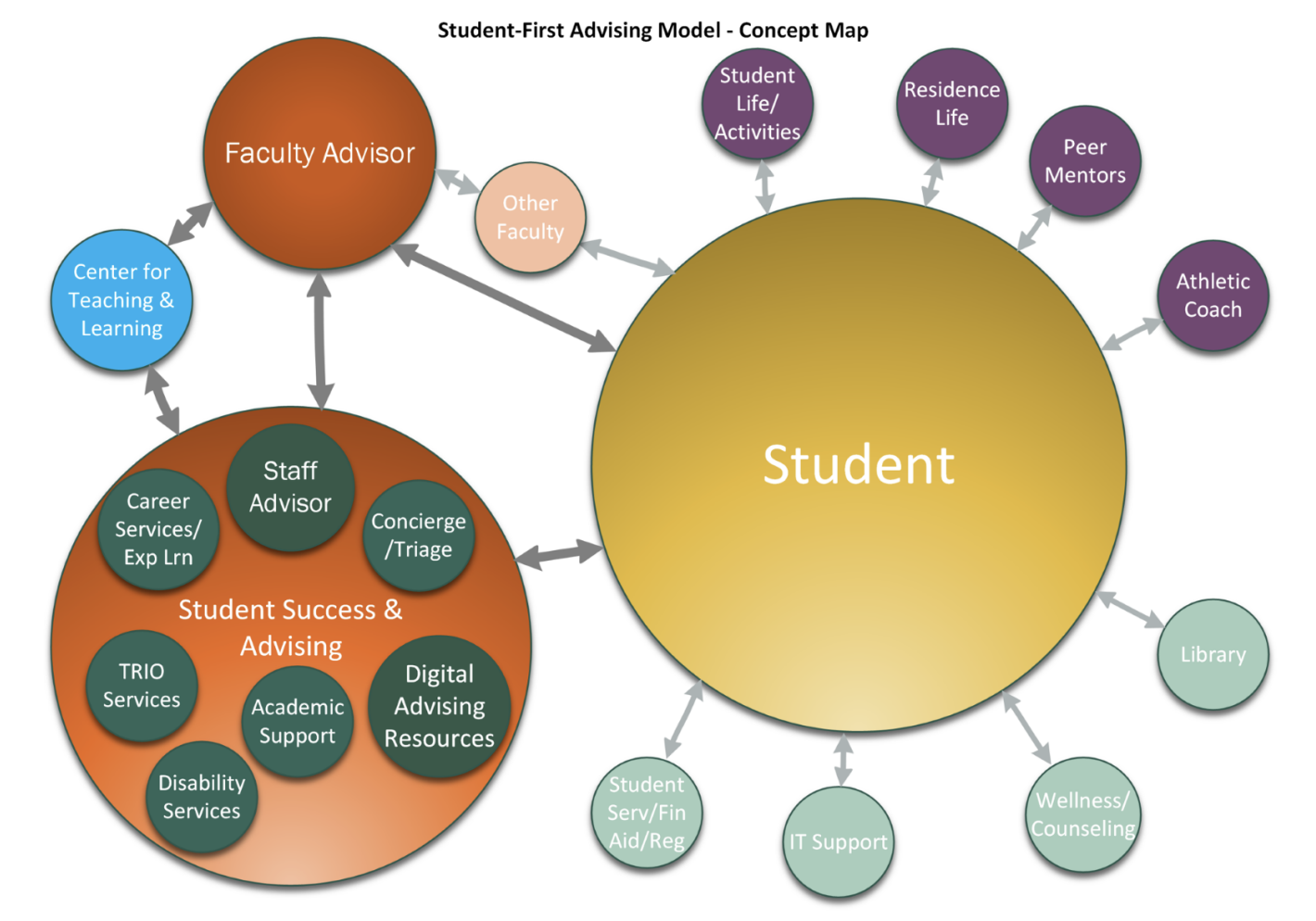A message from Provost Thomas Mauhs-Pugh sent on Aug. 23, 2021
I’ve received a few questions regarding students, Covid, and masks. In both of the situations described below, I recommend that you establish clear expectations early in the semester, prior to the issue arising.
If a student misses class because they have Covid or need to quarantine, are you required to deliver class to that student remotely?
No. Treat that student as you would any student who has to miss class for a legitimate reason: e.g. they’ve been in a car accident, or came down with the flue, or something similar. If the best response is to let the student stream your class, and you have the capability to make that happen, then fine, do that. If the best response is emailing them with directions on the assignments they need to do, fine, do that. If you have materials posted on Canvas that can support them while they are out, great. You decide how best to engage the student and help keep them on track. You are not required to teach your class remotely and face-to-face at the same time.
If a student comes to class without a mask, or refuses to wear a mask, what do we do?
I have copied below the University Handbook section on Class Decorum. If a student is violating University policy, and the mask mandate is University policy, then you can tell them to either comply or to leave the classroom.
Classroom Decorum
It is important that Castleton classroom environments have an appropriate academic atmosphere that promotes learning and makes it possible for faculty to be effective teachers and students to be effective learners. If the behavior of an individual student is having a disruptive effect on the academic environment, the instructor of the course may require the student in question either to discontinue the troublesome behavior or to leave the classroom. When it seems in the best interest of the class as a whole, the Dean of the College may, in consultation with the instructor, inform the student that he/she may not return to the class.
When the student’s behavior is also thought to constitute a University disciplinary violation, disciplinary procedures may be initiated. Finally, if the disruptive behavior is associated with a serious medical or psychological condition, the Dean of Students may respond to the situation in accordance with the policy described in the University Handbook under the heading “Health.”



